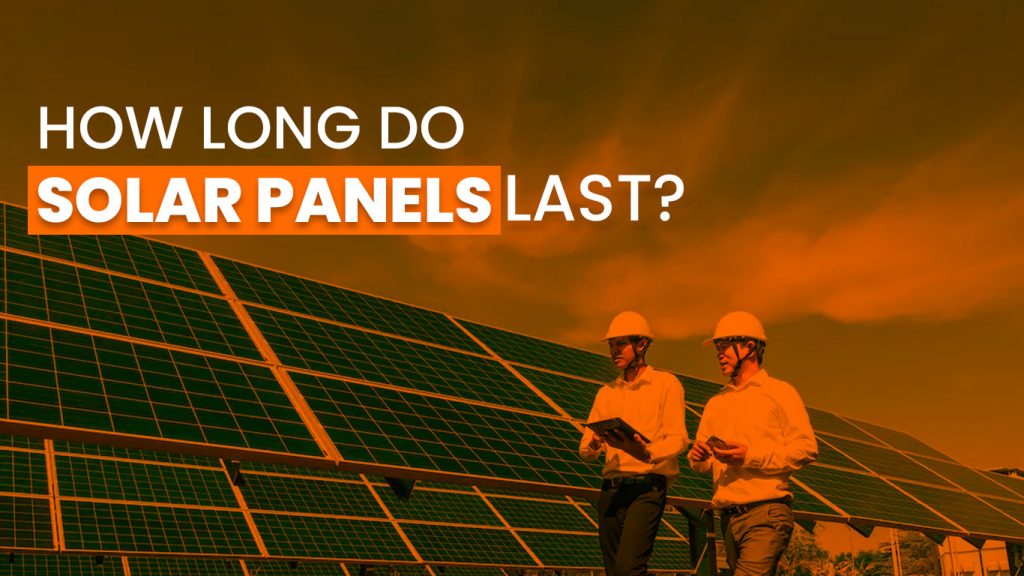Investing in solar energy is a long-term decision that pays off through savings on your energy bill and tax incentives. While the upfront cost can be hefty, solar panels generally last much longer than most people expect. But how long do they really last, and what can you expect in terms of performance?
Solar Panel Lifespan: The Basics
Most solar panels come with a 25-year warranty. This means the manufacturer guarantees that, for 25 years, the panels will produce at least 80% of their rated output. For example, if you have a 300-watt panel, it should still produce 240 watts after 25 years. Some panels may even come with a 30-year warranty, but this is less common.
But here’s the exciting part—panels often keep working long after their warranty expires. Studies show that solar panels degrade at a rate of 0.5% to 1% per year. So, after 25 years, most panels will still operate at 75-87.5% efficiency, continuing to generate electricity for years to come.
Why Panels Last So Long
Solar panels have no moving parts, which makes them incredibly durable. Once installed, they’re exposed to the elements, but with proper care, they can last for decades. A 2012 study by the National Renewable Energy Laboratory (NREL) found that nearly 80% of solar panels last beyond their warranty, continuing to produce energy, albeit at a reduced rate.
What About the Rest of Your Solar System?
While your panels will likely last a long time, other components of your system—like inverters and batteries—will need maintenance or replacement over the years.
Inverters: Most grid-tied inverters come with a 10-year warranty, with options to extend up to 25 years. It’s safe to expect at least one inverter replacement during your panels’ lifetime.
Batteries: If you’re off-grid or using a battery backup system, keep in mind that batteries require regular maintenance. Most will last between 5-15 years, depending on the type and care they receive.
Maximizing Your Solar Investment
To ensure your solar system runs smoothly for as long as possible, proper installation and regular maintenance are key. Check your system thoroughly during installation to avoid any damage that could shorten your panels’ lifespan. Inspect and maintain batteries and inverters as needed.
Even though your panels will lose some efficiency over time, you can always expand your system if necessary. Adding new panels is an easy way to keep up with growing energy needs or to make up for efficiency loss as the years go by.
The Bottom Line for Your ROI
Solar panels are built to last. If your system is paid off and the panels are still generating power, your return on investment (ROI) continues to grow beyond the 25-year warranty period. So, while your panels may not be as efficient as they were on day one, they’ll still provide energy and savings long after their “official” lifespan is up.
Got more questions? Feel free to reach out to us at Sunhub! We’re here to help.

